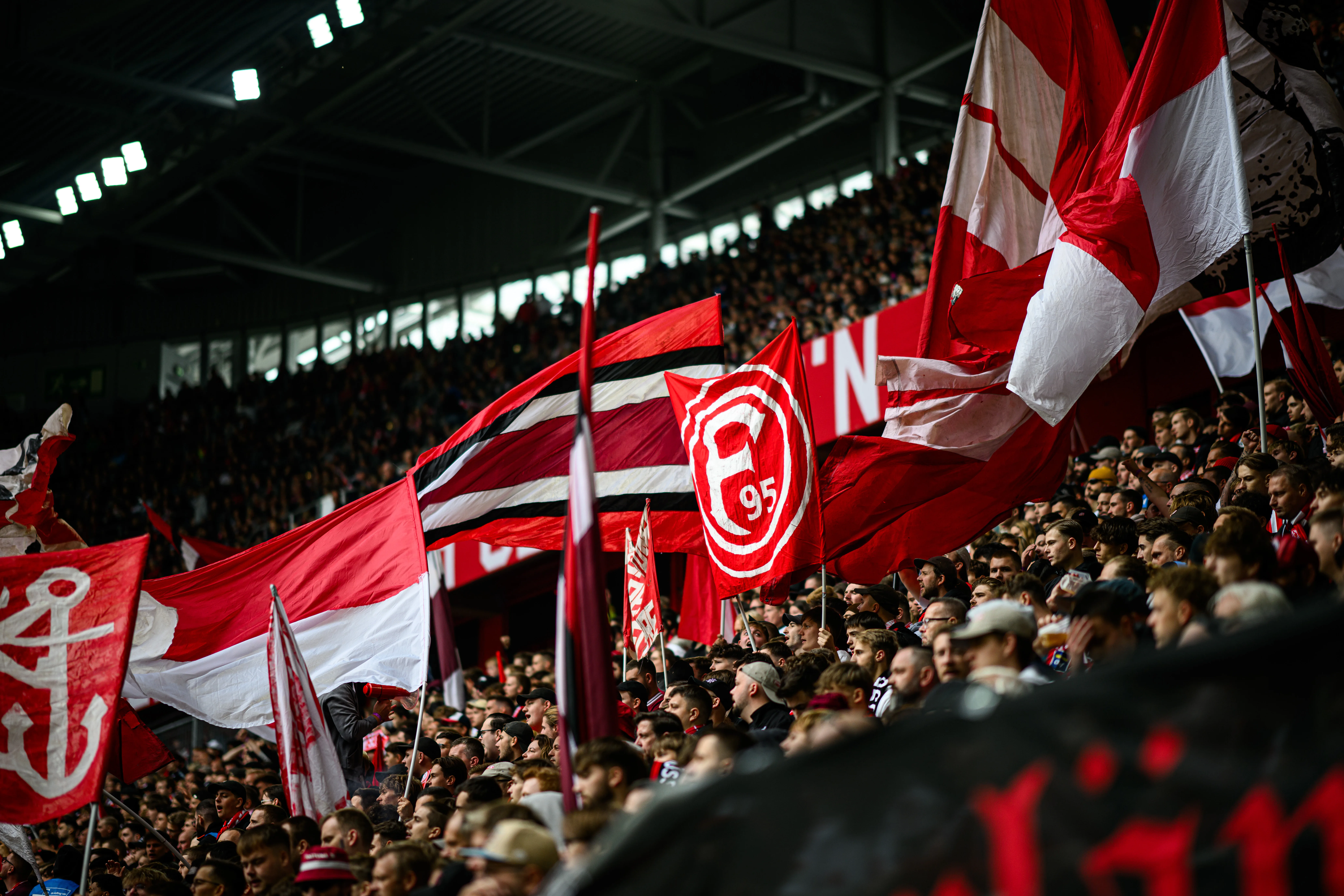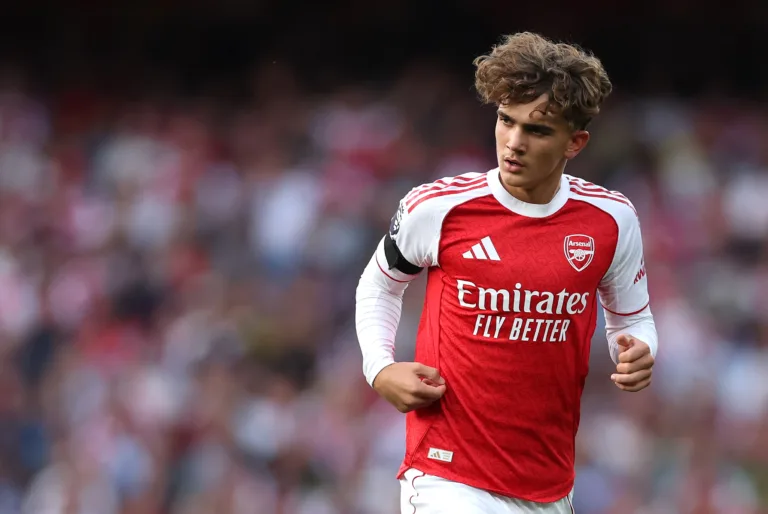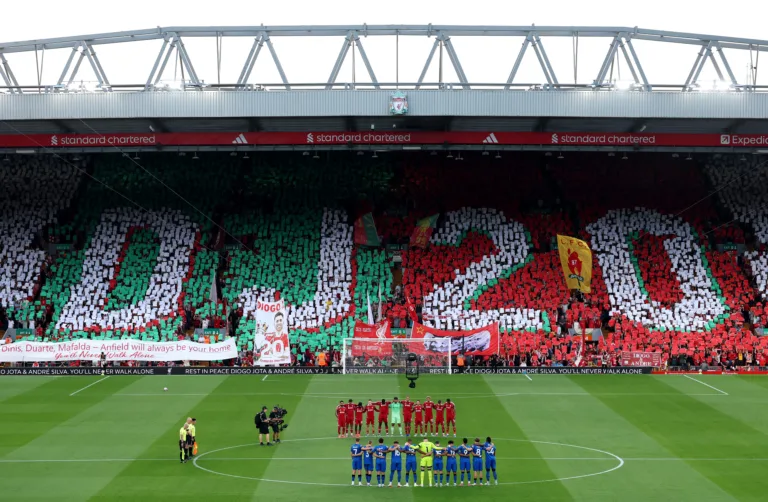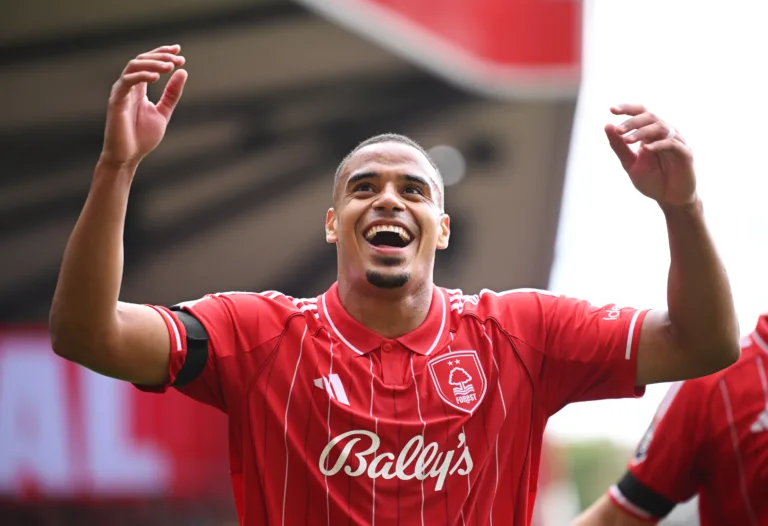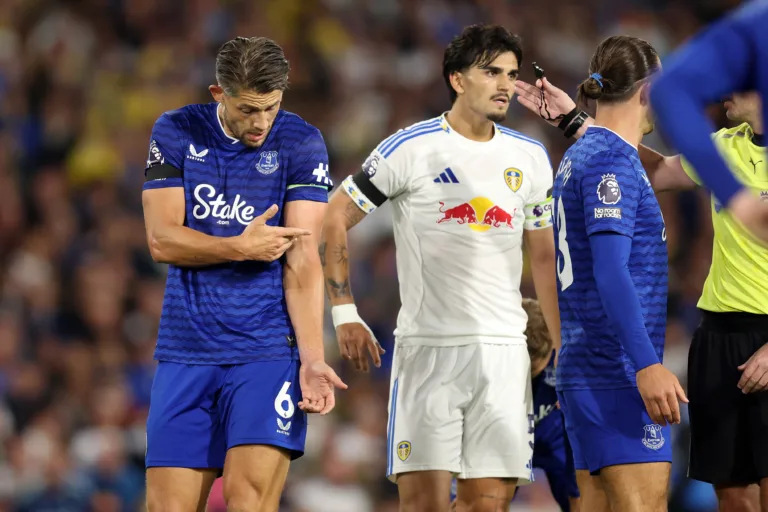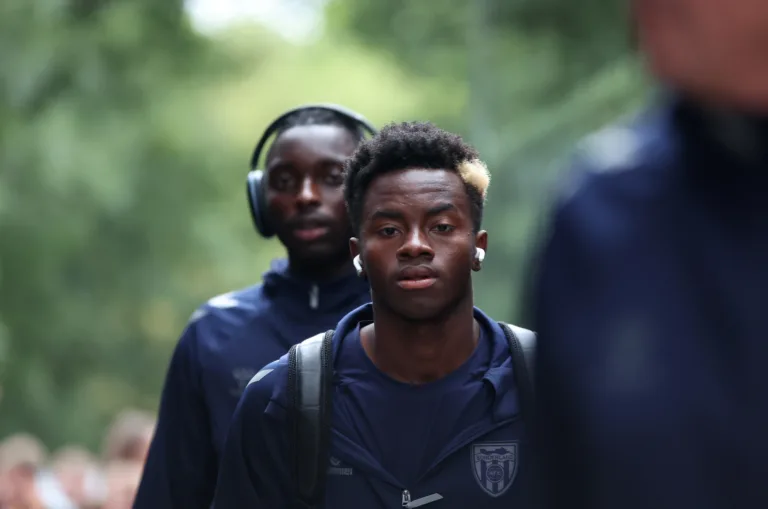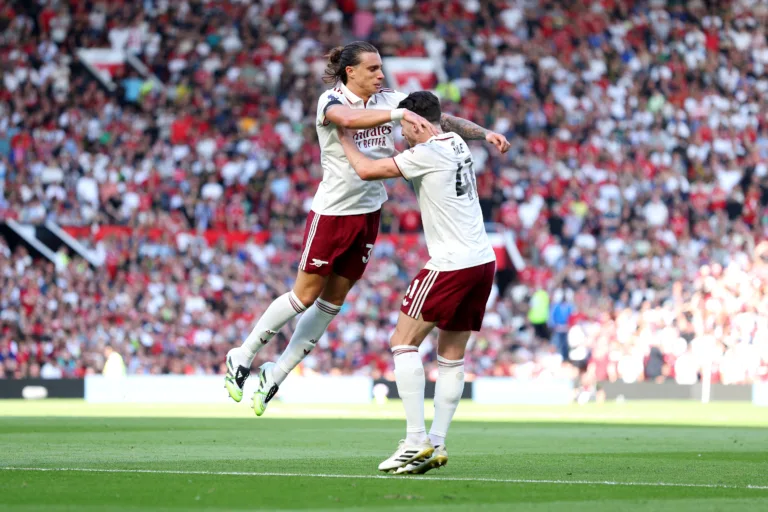An Insight into Fortuna Düsseldorf’s Ticket Revolution
In a time when football clubs are striving for increased gate receipts and ticket prices are seemingly uncontrollably rising, Fortuna Düsseldorf’s bold initiative has completely transformed the industry landscape.
In 2023, the German second-tier club launched a bold initiative, offering free tickets to home games and contradictorily, the result was more profit, not less. Fortuna Düsseldorf found such success in this initiative that they decided to extend it to five games for the upcoming season.
This groundbreaking move not only sparked headlines across Europe but also challenged conventional wisdom about revenue models in professional sports. Here’s how Fortuna Düsseldorf gave away tickets for free and still managed to boost their bottom line.
The Birth of “Fortuna für alle”
The club announced the “Fortuna für alle” project with a clear vision. The club aimed to revive football and establish a connection with the local community. Spearheaded by club CEO Alexander Jobst, the initiative aimed to remove financial barriers and make attending matches at the Merkur Spiel Arena accessible to everyone, regardless of income.
The idea was simple: instead of charging fans for tickets, Fortuna would secure alternative sources of revenue through sponsorships and corporate partnerships that directly supported the free entry model. Three home matches in the 2023–24 Bundesliga 2 season were chosen as trial runs. The results were staggering.
READ MORE: Everton FC, The Long Wait Since 1995: A Legacy in Limbo
Full Stadium, Full Heart
From the outset, the stadium atmosphere transformed. Attendance surged beyond expectations. Many fans, particularly families and lower-income supporters, attended their first-ever professional match.
The typically half-full arena was suddenly bursting with energy, colours, and emotion. This added value is not only for fans but also for sponsors seeking exposure in front of a packed crowd. The club reported that merchandise sales skyrocketed on matchdays, with fans spending more on shirts, scarves, and food than usual.
Local vendors inside the stadium also saw boosts in revenue. In fact, the increased attendances led to what the club described as “a holistic economic upswing.”
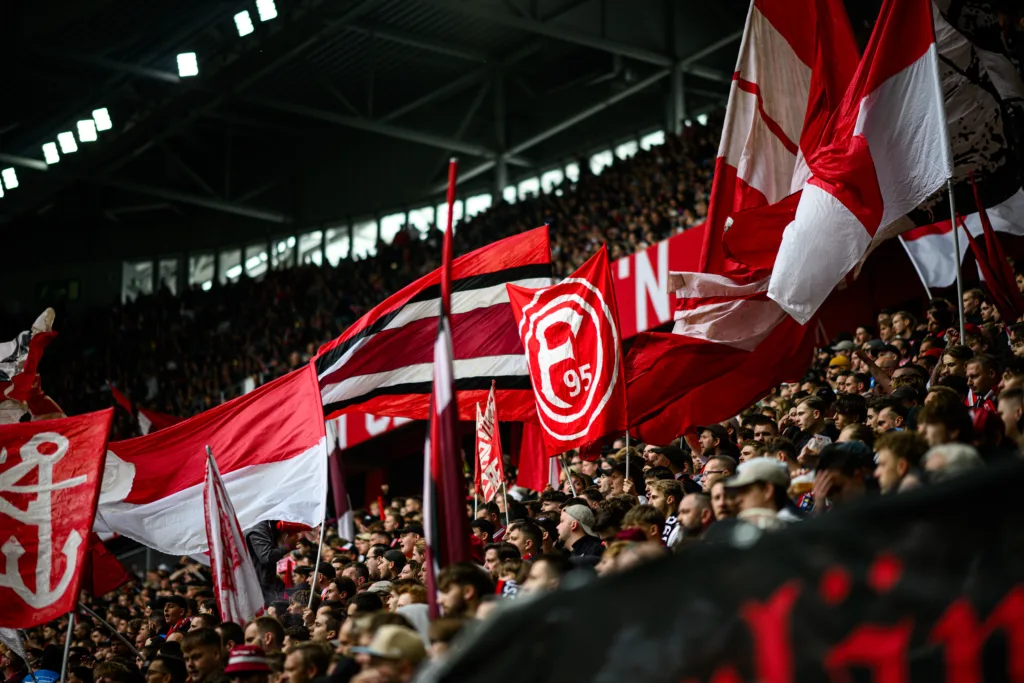
Corporate Backing, Not Ticket Sales
Instead of relying on individual matchday ticket revenue, Fortuna Düsseldorf built a sponsorship package around the concept. Brands were eager to be associated with a socially conscious, innovative project that was gaining international attention.
The club effectively monetised attention and goodwill, rather than access. For sponsors, the packed stadiums, media coverage, and community goodwill were more valuable than traditional advertising slots. Companies like Hewlett Packard Enterprise, Targobank, and Stadtwerke Düsseldorf backed the program financially, effectively underwriting the cost of every “free” seat.
According to the club, these deals not only replaced the ticket revenue but surpassed it.
READ MORE: This FPL Rule Change Offers A Unique GW1 Strategy, If You Like Taking Risks
Beyond Money: Building a Movement
Fortuna’s experiment isn’t just about revenue; it’s about values. In a sport often accused of losing touch with the common fan, Fortuna has positioned itself as a people’s club.
That identity has powerful long-term value. Increased fan engagement, a growing supporter base, and global recognition could be worth more in the long run than the shorter-term ticket sales.
Moreover, the initiative helped attract younger audiences that came from families that would usually see football as a once-in-a-while ‘special occasion’ type of expenditure, a demographic that European football is increasingly struggling to reach. Most clubs are interested in the money and give little compassion as to who is actually in attendance.
The “Fortuna für alle” matches turned into family-friendly, community-driven events rather than exclusive, high-cost spectacles that only certain people could afford.
The Future of Football?
While giving away tickets may not be a viable model for every club, especially those heavily dependent on matchday income, it’s clear that Fortuna Düsseldorf’s gamble paid off. It revealed a future in which football clubs can monetise fan engagement, not just fans’ wallets.
More importantly, it challenged one of the sport’s most entrenched assumptions: that the only way to grow is to charge more. Fortuna showed that, sometimes, charging nothing can mean earning everything, from loyalty to legacy to profit.
As clubs across Europe watch closely, one question remains: will others follow suit? Or is Fortuna Düsseldorf a glorious anomaly, a rebel club that dared to bet on the people and won?


